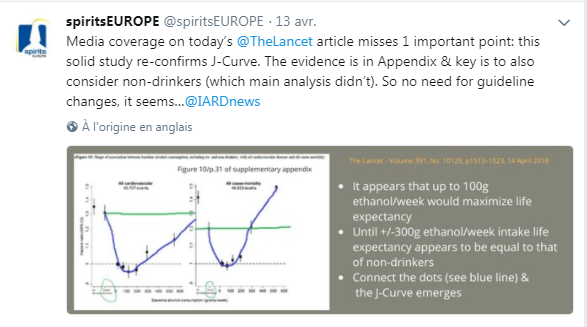
Headline-grabbing reporting and proper science communication are two very different pairs of shoes – or so we thought. Headlines have to be short, focused, and serve to unveil a new, shocking ‘truth’ upon a stunned audience. By contrast, science communications has to juggle with complex issues, lengthy studies, and findings which are – more often than not – preliminary, ambivalent and subject to interpretation.
Today, when news travels at lightning speed and – thanks to social media – can reach a global audience in a matter of minutes, a punchy headline is, more than ever, the tool of choice to grab the big (though short-lived) prize of worldwide media attention. So while it is tempting to try to turn studies of substantial scientific calibre into catchy one-liners, embarking on such an endeavour is a tricky business and typically comes with a price to pay: the science behind is at risk to get lost in the process.
The trend to create catchy headlines from scientific studies isn’t entirely new, yet has caused more than a little confusion in recent times. What is also important to keep in mind is that, ultimately, such coverage doesn’t really do credit to the scientific efforts and investigations that lie beneath.
Two weeks ago, media claims suddenly emerged about not drinking more than 100g of ethanol per week (12.5 units). What happened? The Lancet had published an impressive research of 599,912 current drinkers (including 186,875 non-drinkers at baseline) in 83 prospective studies, concluding that drinkers who consume between 10 to 15 drinks per week might risk losing up to two years of their life expectancy. However, it turned out that this was half the story – at best.
In fact, what the Lancet study did find was that consumption of 100g/week appeared to maximize life expectancy. At the same time, another important piece of information did not make it to the headline: a graph published on page 31 of the Annex showed that, at +/- 300g/week, life expectancy appears to be equal to the one of non-drinkers. In other words, the study actually re-confirmed the so-called J-curve. Taking all of these elements of the study into account, a headline of risk and scare turns into a very different message about the benefits and balanced choices to be made within the context of moderate consumption.
Moderate consumption is an area in which spiritsEUROPE and all of its members have long been involved in, as shown by the hundreds of prevention and information campaigns with significant and measurable positive outcomes (see www.responsibledrinking.eu and www.drinksinitiatives.eu).
And in light of the evolving scientific debate and recent media reporting about it, we have decided to draft a new Science Paper in which we will define our views and principles according to which scientific studies should be run and communicated. So watch this space for further developments… In the meantime: trust the science, don’t trust the headline!
Ulrich Adam*
*In his capacity as permanent representative of SPRL ADLOR Consulting
